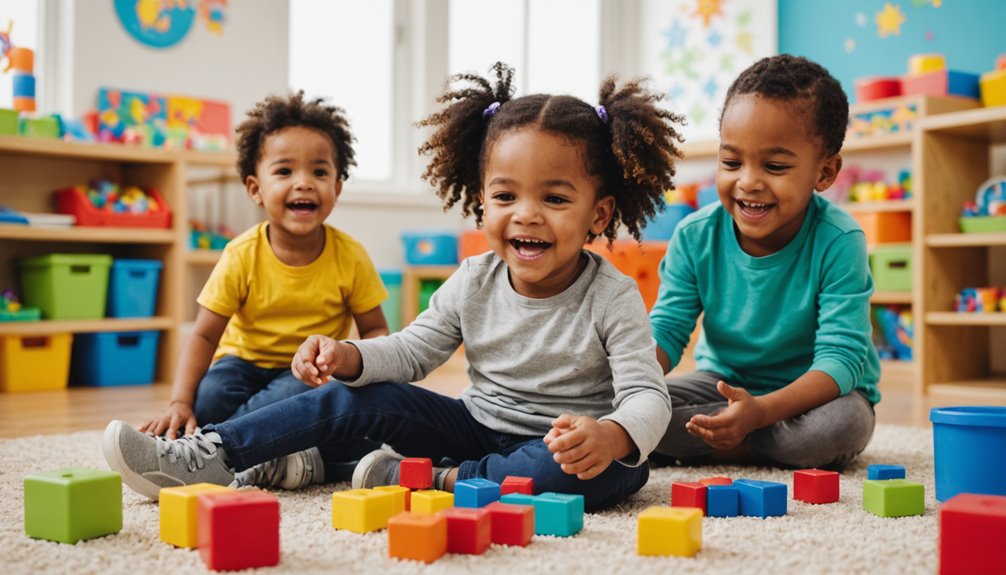
Children with autism spectrum disorder often face challenges in developing social skills that come naturally to neurotypical children. These difficulties often affect their ability to form friendships, communicate effectively, and navigate social situations. With the right approaches and professional support, children with autism can develop meaningful social connections and improve their communication abilities.
Implementing Speech Therapy
Speech therapy is beneficial for children with autism as it assists them in developing the communication skills they need for social interaction. Speech-language pathologists work with your child to improve both their verbal and nonverbal communication. They help teach children with autism how to use language appropriately in social settings, such as knowing when it’s their turn to speak, how to keep a conversation going, and how to understand social cues like facial expressions and the tone of someone’s voice. This direct support can make a big difference in how your child connects with others.
For children who have limited verbal abilities, augmentative and alternative communication (AAC) systems can offer support. These tools, such as picture cards, communication boards, or speech-generating devices, provide alternative ways for children to express their needs and participate in social interactions. It’s good to know that using AAC does not hinder speech development; instead, research shows it actually supports overall communication growth.
Utilizing Occupational Therapy
Occupational therapy can help with the sensory processing challenges that often affect social skills in children with autism. Many children with autism have sensory sensitivities that make social situations seem overwhelming. An occupational therapist helps your child develop strategies to manage this sensory input in different settings.
These strategies include deep breathing exercises, finding quiet spaces for breaks, or using sensory tools like fidgets to stay calm and focused. By learning how to handle sensory overload, your child can be more comfortable and sure during social activities. This support empowers them to participate more fully in social interactions without being distressed.
Motor skills development also plays a key role in social participation, and occupational therapy can help with this. Therapists work on fine and gross motor skills, enabling children to join in playground games, sports, and other activities with their peers. These shared experiences create natural opportunities for building friendships and practicing social skills.
Creating Supportive Environments
Creating supportive environments at home, school, and in the community is fundamental for developing social skills. Adults can foster positive interactions by setting clear expectations, maintaining consistent routines, and offering appropriate support. Peer-mediated interventions also teach neurotypical children how to interact empathetically with autistic classmates, fostering inclusion. Consistent collaboration among families, schools, and healthcare providers encourages a unified approach across all settings. This cohesive effort helps children with autism generalize their learned skills, making their progress more meaningful and sustainable.
Prioritize Autism Support
Supporting social skill development in children with autism requires consistency and individualized approaches. Professional support, such as speech and occupational therapy, offers targeted interventions to address specific challenges. Structured practice opportunities and supportive environments play a key role in fostering progress. Social skill development is a lifelong process, but with the proper support, children with autism can build meaningful relationships and flourish in their communities.




